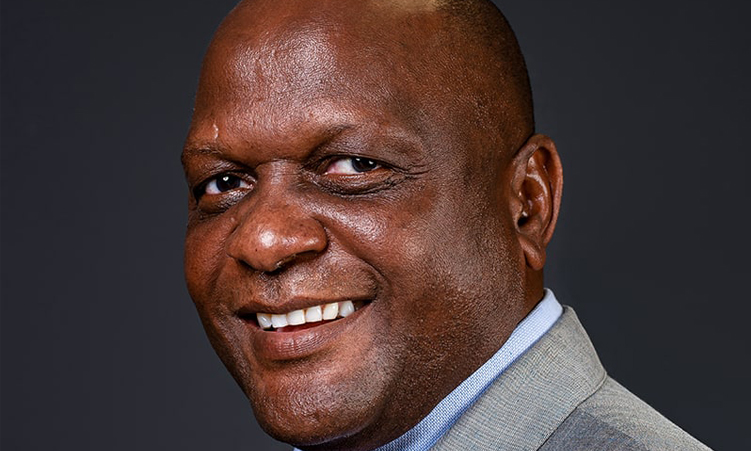The Namibian Association of Medical Aid Funds (Namaf) remains resolute in its stance to uphold the standard tariffs of 2023, despite criticism over a potential reduction in member benefits.
Namaf chief executive Stephen Tjiuoro says the unique dynamics of the healthcare industry justify this decision, citing asymmetry of information and consumers’ inability to compare prices.
“The benchmark tariff must be viewed in the unique context of the special features of the healthcare industry, where normal market conditions do not always apply,” he says.
Tjiuoro says consumers seldom have the opportunity to compare prices when in need of a specific healthcare service, especially when urgently required.
“The decision as to whether most specific services are required is also invariably made by the provider, who often stands to gain from the provision of those services in circumstances where a consumer would frequently not have adequate information or knowledge to make informed decisions as to the need for the nature of service,” he says.
Namaf says the current rates would remain until the association’s planned management strategies are executed to uphold the industry’s sustainability in both service provision and financing.
This response comes after the Namibia Private Practitioners’ Forum (NPPF) criticised the decision for lacking consultation with medical fund members or service providers.
The NPPF also says two proposed options that entail medical funds offering higher benefits to members aligned with participating providers and reduced benefits for those whose providers opt for a different path.
“The benchmark tariffs that are set by Namaf are intricately linked to the entire gamut of medical services and serve as a guide to what the reasonable cost of medical services are for the stipulated items and procedures that are individually coded,” Tjiuoro says.
He says the tariffs undergo an annual review conducted by independent actuaries.
These consultants consider input from healthcare service providers and funds to assess whether the coded services or items align with the latest medical developments and innovations, he says.
Additionally, the consultants evaluate the tariffs with regard to inflation factors, the impact on service providers, capital costs, exchange rate fluctuations, lending rates, utilisation rates and depreciation periods.
“This process of determining tariffs entails a degree of transparency from service providers to justify price increases with reference to the clear factors and is not a negotiation process,” Tjiuoro says.
He says the NPPF appears insensitive to the challenges faced by members of medical aid funds.
Namaf is bound by legal principles, specifically the sub judice rule, which mandates all parties involved in a legal dispute to avoid making statements that may influence the judicial process.
“However, High Court proceedings are public, therefore the NPPF should extend an invitation to all and sundry to attend the review proceedings lodged against Namaf so that those interested can hear for themselves the actual content of the dispute,” he says.
Healthcare providers have the flexibility to set their charges either below or above Namaf’s benchmark tariff level, he says.
The funds, in response, compensate healthcare service providers based on a percentage relative to the benchmark tariff, with the possibility of exceeding 100%.
The NPPF also accuses Namaf of attempting to acquire powers it does not have through its empowering legislation.
This specifically includes authority over service providers at the expense of medical fund members.
“Namaf is an administrative body and its unilateral decisions and actions without involving members or their service providers are unconstitutional and a violation of the right to just administrative action, as set out in Section 18 of the Constitution,” NPPF chief executive Dries Coetzee said in a statement last week.
Stay informed with The Namibian – your source for credible journalism. Get in-depth reporting and opinions for
only N$85 a month. Invest in journalism, invest in democracy –
Subscribe Now!






